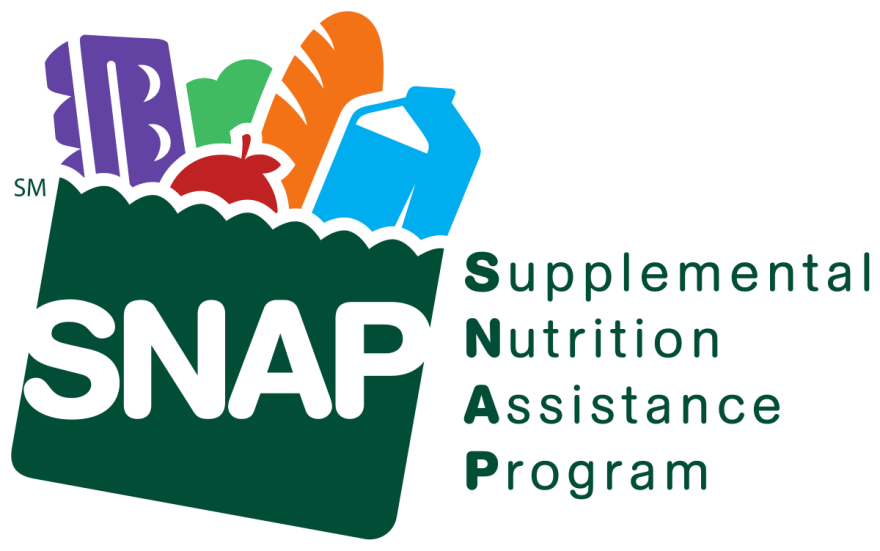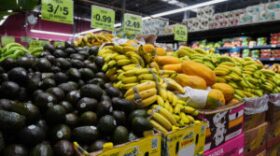The Kentucky House Committee on Families and Children voted Thursday to advance a proposal that would enforce a rule saying Kentuckians can’t qualify for the Supplemental Nutrition Assistance Program if they have financial assets that exceed certain thresholds.
A federal policy called broad-based categorical eligibility — which is used by most states — effectively lets the Kentucky government skip the asset test when determining if a resident is eligible for SNAP benefits.
Instead, it allows the state to grant SNAP eligibility if a person receives a benefit through the Temporary Assistance for Needy Families program.
House Bill 367 would eliminate the broad-based categorical eligibility policy for Kentucky and reapply the asset test for SNAP applicants.
“This is a means tested program. It's meant to focus on the truly needy, not be for everyone,” said Scott Centorino, of the Florida-based Foundation for Government Accountability and Opportunity Solutions Project.
Centorino, who testified at the committee hearing Thursday in favor of HB 367, said it “simply restores the federal asset test in food stamps and closes that loophole.”
Members of three Kentucky-based organizations — the Community Farm Alliance, Feeding Kentucky and the Kentucky Center for Economic Policy — spoke against the bill at the committee meeting.
They told lawmakers it would hurt families who genuinely need SNAP’s help to put food on the table.
Jordan Ojile of Feeding Kentucky said the current federal policy keeps families from getting penalized when they manage to cobble together a few thousand dollars in savings — enough money to disqualify them from SNAP but not enough to lift them out of poverty for the long term.
“The months go by without SNAP. They chip away at their savings paying for groceries, until they are right back in the hole that qualified them for nutrition assistance in the first place,” Ojile said.
Dustin Pugel, policy director at the Kentucky Center for Economic Policy, told LPM News that HB 367 also would require the state to use a stricter SNAP eligibility test for a household’s gross income. He said it would drop the threshold from 200% of the federal poverty level to 130%.
But he said the reinstatement of the asset test would have the biggest impact on families, explaining that basically every Kentuckian who gets SNAP benefits has that test waived under the broad-based categorical eligibility policy the bill would eliminate.
“House Bill 367 represents a significant threat to the 588,000 Kentuckians, including 256,000 children, who use SNAP every day to put food on the table and keep groceries in their pantry,” Pugel told lawmakers at Thursday’s committee meeting.
HB 367 also would change a state policy related to SNAP work requirements.
Kentucky can get work requirements waived for SNAP recipients in specific regions of the commonwealth, and a state cabinet agency can secure those waivers under the current process.
HB 367 would require the Kentucky Legislature to authorize future waiver requests instead.
“That's a major economic decision that should be made by the Legislature, not unilaterally by the cabinet,” Centorino told lawmakers.
Pugel said that policy change could slow down the process of getting the waivers, which are an important tool when there’s an economic downturn or disruption like the COVID-19 pandemic.
The work requirement rule change would only apply to certain “able-bodied adults without dependents” who receive SNAP benefits.
Earlington Republican Rep. Wade Williams, who sponsored HB 367, said the goal of the legislation is to close “loopholes” for the SNAP program.
“Now that the pandemic is behind us, it's time for us to think about solutions on how to get more workers off the sideline and back into the workforce,” he said.
Because HB 367 passed Thursday’s committee vote, it can come before the full Kentucky House of Representatives for consideration.





